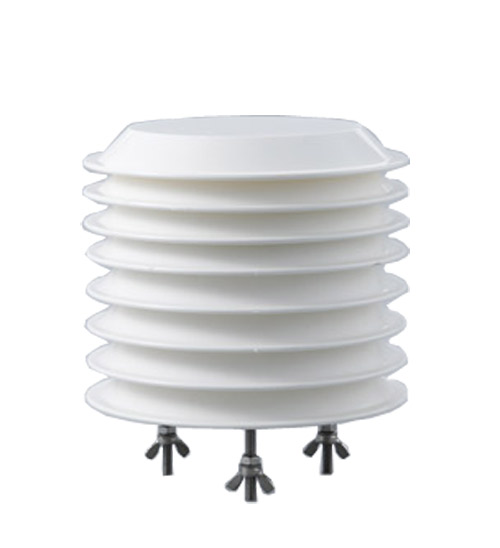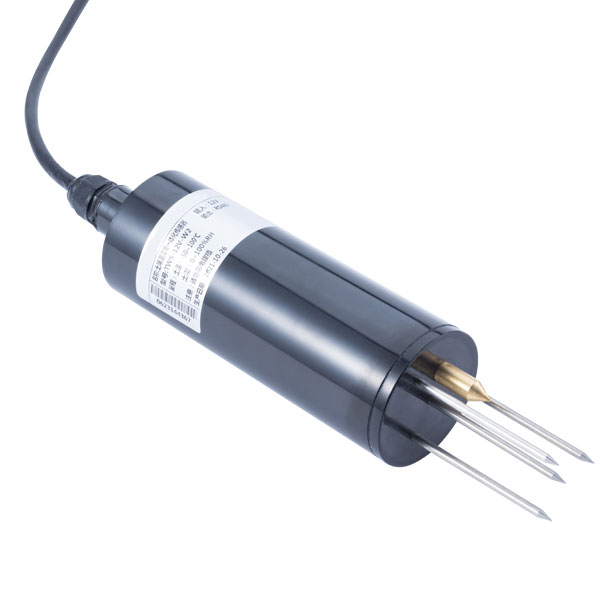

— Blogs —
—Products—
 Consumer hotline +8618073152920
Consumer hotline +8618073152920 WhatsApp:+8615367865107
Address:Room 102, District D, Houhu Industrial Park, Yuelu District, Changsha City, Hunan Province, China
Technical Support
Time:2021-10-08 12:30:29 Popularity:1541
The full Netcom industrial router is a typical network layer device.
The entire network industrial router is a direct frame transmission of data between two local area networks, which is called an intermediary system in OSI/RM, and fulfills the obligation of network layer relay or layer 3 relay. The full Netcom industrial-grade router is responsible for direct frame transmission of data at the network layer of the two LANs, and the address in the frame needs to be changed when the frame is forwarded.
Industrial 4G routers have two typical functions, namely data channel function and control function. Data channel functions include forwarding resolution, backplane forwarding, and input link scheduling, etc., which are generally completed by specific hardware; control functions are generally completed by software, including information exchange with adjacent industrial-grade 4G routers, fragmented configuration, Systematic management, etc.
Classification of industrial-grade full Netcom routers
(1) From the perspective of system structure, routers can be divided into the first-generation single-bus single-CPU industrial router, the second-generation single-bus master-slave CPU industrial-grade router, and the third-generation single-bus symmetrical multi-CPU industrial router. , The fourth-generation multi-bus and multi-CPU industrial routers, the fifth-generation shared-memory industrial 4G routers, the sixth-generation interleaved switch system industrial-grade 4G routers, and cluster-based industrial wireless routers.
(2) According to the functions and service objects, industrial routers can be divided into "backbone routers", "industrial routers" and "access-level routers". "Backbone industrial-grade router" is the key equipment to complete company-level network interconnection, with large data throughput and strong function; "company-level router" is mainly used to connect the company's external LAN and internal WAN, that is, as a company The gateway application between the extranet and the extranet; "access-level routers" are mainly used to connect the small company customer groups in the home or ISP, and play the role of connecting a large number of user terminals using public IP addresses to the Internet.
(3) According to the function hierarchy, routers can be divided into high, medium and high-end dual-card routers. At present, industrial-grade 3G routers with throughput greater than 40Gbps are usually called high-end industrial 3G routers, industrial routers with throughput between 25 and 40Gbps are called mid-range industrial 4G routers, and full Netcom routers with throughput less than 25Gbps are called high-end network-wide routers.
(4) According to the status of the network, it can be divided into "border industrial 4G router" and "two-node router". The "Border Industrial Router" is at the edge of the network and is used to connect with industrial routers in other networks. It has the characteristics of supporting a wide range of network protocols and routing protocols, high backplane bandwidth, and high throughput; "Two-node industrial LTE routers" are at The outside of the company network is usually used to connect different network segments of the same type of network, acting as a data forwarding bridge.
(5) According to the forwarding function, all Netcom routers can be divided into "wire-speed industrial-grade all Netcom routers" and "non-wire-speed industrial all-Netcom routers". The so-called "line speed" is to stop the delayed transmission completely according to the bandwidth of the transmission medium, without continuity and delay at all.
(6) According to the structure, industrial TD-LTE routers can be divided into "modular full Netcom industrial routers" and "non-modular full Netcom industrial routers". Modular whole-network industrial routers have many slots and are sensitive in structure. You can expand the port variety and number of industrial-grade routers in the whole network by pulling out boards with different functions in the slots; non-modular routers can only provide fixed port.
Prev:Industrial 4G router performance advantages
Next:What are the advantages of industrial routers compared to ordinary routers
Sensors & Weather Stations Catalog
Agriculture Sensors and Weather Stations Catalog-NiuBoL.pdf
Weather Stations Catalog-NiuBoL.pdf
Related recommendations
Related products
 Atmospheric Temperature Humidity Pr···
Atmospheric Temperature Humidity Pr··· Soil Temperature Moisture Sensor 4-···
Soil Temperature Moisture Sensor 4-··· Air temperature, humidity and atmos···
Air temperature, humidity and atmos···
Screenshot, WhatsApp to identify the QR code
WhatsApp number:+8615367865107
(Click on WhatsApp to copy and add friends)